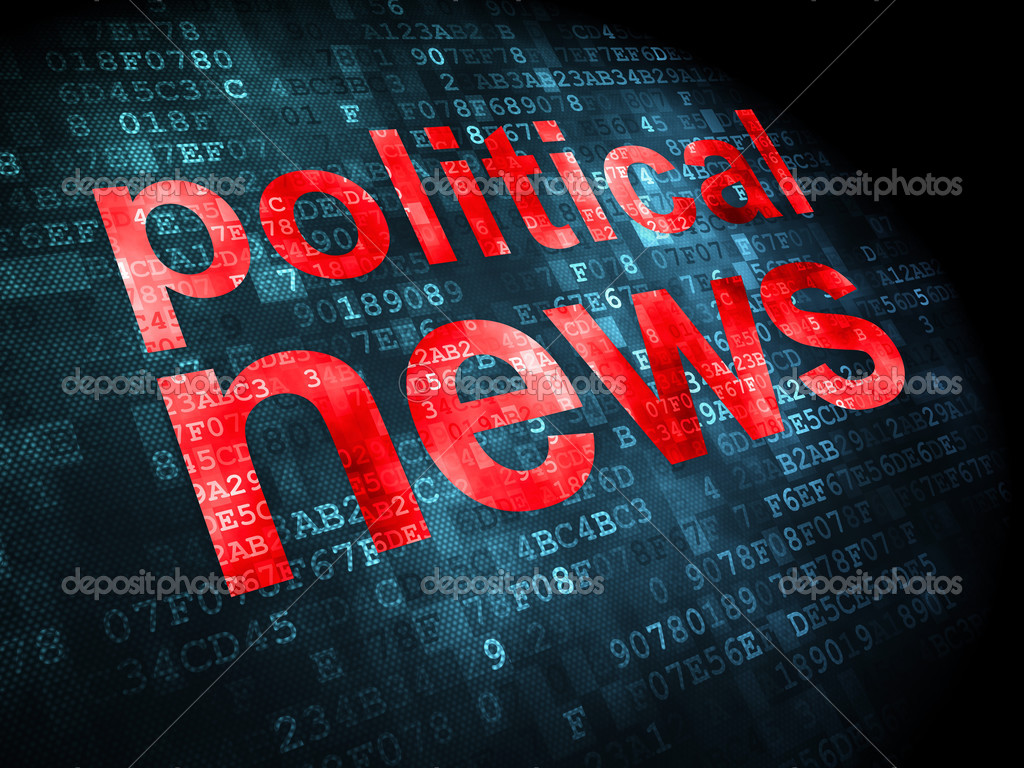Discussing Democratic Principles: The Impact of Political Dialogue

In today's quickly changing political environment, the forces of power and influence are constantly in flux. As we get closer to the 2025 elections, the discussion surrounding democracy has intensified, leading to debates on everything from the significance of the youth vote to the implications of foreign policy changes. As independent voters gaining traction and new alliances forming in Congress, the issue of what defines the political era we are about to enter is significant.
Amidst rising tensions and changing allegiances, issues such as climate politics, the role of political dynasties, and the impact of political misinformation shape the conversation. While exploring these themes, we must reflect on whether democracy is truly in peril or if we are witnessing a reinvention of civic engagement. The forthcoming election cycle, marked by speculation of impeachment and the ongoing struggle for bipartisanship, establishes the stage for a transformative period in American governance. Come with Idaho legislature as we navigate this complex landscape of political discourse, examining the power plays at hand and what they mean for the prospects of democracy.
A Condition of Public Discourse
Political dialogue in modern communities is progressively marked by division and the growth of partisan media. As classic news outlets struggle to maintain relevance, numerous voters turn to platforms that reinforce their existing beliefs, leading in echo chambers where differing viewpoints are seldom acknowledged. This shift has serious consequences for how issues are debated and interpreted amongst the voting public, making difficult the journey toward agreement and mutual understanding in governmental debates.
Amidst this environment, there is a notable rise of independent voters who are challenging traditional party politics. This demographic, which is often disillusioned with the binary nature of the political system, is gaining as they seek options that better align with their values. As the upcoming election nears, these independents are poised to play a critical role, shaping strategies and outcomes in ways that could reshape the political landscape. Their distinct perspectives force parties to participate in more substantial conversations and consider broader issues rather than depending only on party-line rhetoric.
Furthermore, the changing nature of public discourse is not restricted to the voting public; it also spreads to the governmental figures themselves. With the rise of social media, politicians harness new platforms to communicate directly with voters, going around traditional filters and creating a more immediate and intimate connection. However, this has also resulted to the proliferation of misinformation and a need for citizens to discern truth from fallacies. The challenge now lies in fostering a public environment where robust debate thrives, and citizens can participate in productive conversations that transcend mere partisanship.
Key Issues Influencing the 2025
As the 2025 election draws near, various important issues are shaping political discourse. One of the most significant is the surge of independent voters, who are increasingly frustrated with the conventional two-party framework. This shift in demographics is leading candidates to adjust their positions to appeal to a broader audience, leading to questions about if this era of independence will transform American politics. The outcome could alter electoral tactics and affect the overall direction of policy development.

International relations is also a key area of interest in the present political context, particularly amid ongoing global tensions and evolving alliances. Voters are highly concerned in how candidates will address international relations and confront pressing global issues. Political Potatoes emerges as a vital factor here, as the youth emphasize cooperative international efforts and climate action, potentially turning the tides in favor of candidates who advocate for innovative foreign policies.
In addition to these issues, issues related to social equity and equality are gaining momentum, especially regarding inclusivity in politics. The growing number of female candidates and candidates from diverse backgrounds running for office in 2025 signifies a movement towards a more representative leadership. However, this also brings complications, as factions within parties exhibit splits over political goals. The interaction between these central concerns will certainly shape the election narrative, impacting voter engagement and candidate election prospects as we approach the elections.
Understanding the Importance of Voter Dynamics
As we approach the 2025 elections, grasping voter dynamics has never been more essential. The emergence of independent voters is shifting the political landscape, disrupting traditional party loyalties and creating a fresh era in politics. This emerging demographic is increasingly focused by issues rather than party affiliation, leading to a more fluid electoral environment where candidates must connect to a broader audience. The implications of this shift are significant, as political campaigns are forced to adapt their messaging strategies to engage with these independents.
Youth engagement is another vital factor influencing the upcoming election. With https://albertsen-law.thoughtlanes.net/political-controversies-their-implications-for-citizen-confidence leaning toward progressive issues such as climate change and social justice, their participation is likely to be a game changer in 2025. The mobilization of this demographic could redefine key battlegrounds, making swing states even more competitive. As candidates increasingly tailor their platforms to attract younger-generation voters, the necessity of addressing their concerns will become paramount to campaign strategies.
Moreover, voter turnout is shaped by various external factors, including the availability of information and the impact of misinformation. In an age where political debates might feel unrelated to some, understanding the nuances of voter behavior and the role of social media becomes essential. As election interference fears resurface, maintaining the integrity of the electoral process is imperative for fostering trust in democracy. Engaging voters through transparent communication and opposing misinformation will be essential to ensuring that every voices are represented in the upcoming electoral landscape.
